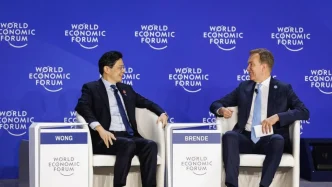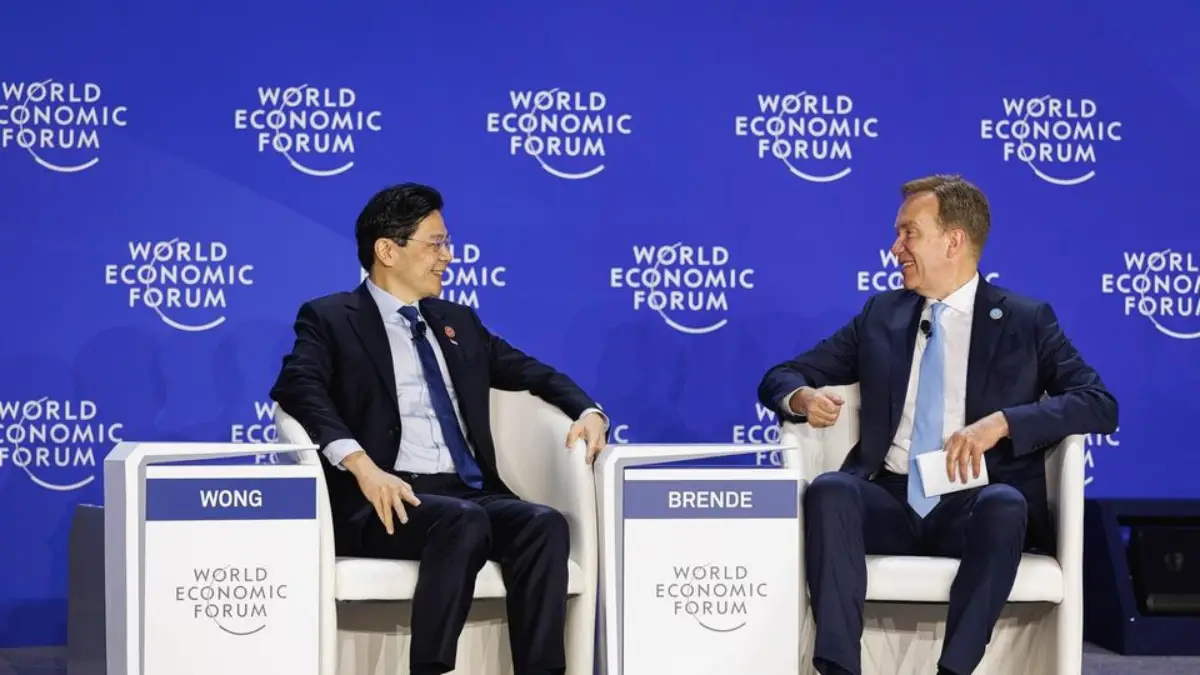Singapore is charting a dual path of domestic innovation and global advocacy with two significant developments: a new housing blueprint aimed at giving residents greater flexibility in choosing their ideal homes, and a call from Prime Minister Lawrence Wong for a more adaptable approach to multilateralism. These initiatives, unveiled recently, reflect the city-state’s ambition to address both local needs and international challenges amidst a rapidly changing global landscape.
A New Vision for Housing Flexibility
The Singapore government has introduced a pioneering housing blueprint designed to offer residents more options in selecting homes that suit their lifestyles and financial circumstances. Analysts suggest this move is a response to evolving demographic trends, including an aging population, smaller family units, and a growing demand for affordable yet customizable living spaces. The plan is expected to reshape the urban housing market by prioritizing adaptability over the traditional, rigid frameworks that have long defined public housing in the city-state.
At the core of this blueprint is the emphasis on choice. Residents may soon be able to select from a wider range of housing types, including modular units and mixed-use developments that integrate residential, commercial, and recreational spaces. This shift could also see adjustments in pricing models to accommodate diverse income levels, though specifics remain under wraps. As one urban planning expert noted, “This is a forward-thinking approach that aligns with global trends toward personalized urban living.”
The initiative comes at a time when housing affordability remains a pressing concern for many Singaporeans. With property prices among the highest in the region, the government faces the delicate task of balancing market dynamics with social equity. The blueprint may include provisions for subsidies or innovative financing options, though officials have yet to confirm these details. If successful, this policy could set a precedent for other densely populated cities grappling with similar challenges.
Broader Implications for Urban Development
Beyond individual choice, the housing blueprint signals a broader transformation in Singapore’s approach to urban development. The city-state has long been a global leader in efficient urban planning, with its Housing and Development Board (HDB) flats housing over 80% of the population. However, the one-size-fits-all model has faced criticism in recent years for lacking flexibility to meet diverse needs. The new plan appears to address these concerns by introducing greater variety in design and tenure options, potentially allowing for shorter leases or shared ownership models.
Analysts also point to the economic ripple effects of this policy. A more dynamic housing market could stimulate construction and related industries, creating jobs and boosting local businesses. At the same time, it may attract foreign talent and investors looking for a stable yet innovative urban environment. However, some caution that without careful implementation, the policy risks exacerbating inequality if higher-end options outpace affordable ones. As one economist put it, “The devil will be in the details of execution.”
The government has promised extensive public consultation to refine the blueprint, a move seen as critical to ensuring inclusivity. For now, the initiative remains a work in progress, with pilot projects expected to roll out in select precincts over the next few years. Urban planners and residents alike are watching closely to see how this vision translates into tangible change.
A Call for Evolving Multilateralism
On the international stage, Singapore is advocating for a different kind of flexibility. Speaking at a recent World Economic Forum event, Prime Minister Lawrence Wong emphasized the need for multilateralism to evolve in response to emerging global challenges. He argued that traditional frameworks for international cooperation are increasingly ill-suited to address complex issues like climate change, technological disruption, and geopolitical tensions.
“The world is not static, and neither should our approaches to collaboration be” said PM Wong, highlighting the importance of adaptable systems that can accommodate diverse perspectives and urgent priorities. His remarks come against the backdrop of growing fragmentation in global governance, with major powers often prioritizing national interests over collective action. Singapore, as a small but influential player, has consistently championed multilateralism as a cornerstone of its foreign policy.
PM Wong’s vision includes reforming international institutions to make them more inclusive and responsive. He cited the need for greater representation of developing nations in decision-making processes, as well as mechanisms to address non-traditional security threats like cyberattacks and pandemics. While he did not propose specific reforms, his call for “flexibility” suggests a willingness to rethink long-standing norms in favor of pragmatic solutions.
Navigating a Fragmented Global Order
The push for evolving multilateralism reflects Singapore’s unique position as a global hub that relies heavily on open markets and international stability. The city-state has navigated tensions between major powers like the United States and China by maintaining a neutral stance and fostering dialogue. PM Wong’s remarks underscore a broader concern that without reform, multilateral systems risk becoming obsolete, leaving smaller nations vulnerable to the whims of larger players.
Analysts interpret this stance as both a critique and a constructive proposal. On one hand, it acknowledges the shortcomings of current frameworks, such as the United Nations or the World Trade Organization, which often struggle to enforce consensus. On the other, it positions Singapore as a thought leader in reimagining global cooperation. “Singapore’s voice carries weight because it practices what it preaches—balancing national interests with a commitment to the global good” said one international relations scholar.
Yet, translating this vision into action will not be straightforward. Major powers may resist changes that dilute their influence, while smaller states could struggle to align on shared priorities. PM Wong’s emphasis on flexibility may also raise questions about how much compromise is acceptable before core principles are undermined. For now, his speech serves as a starting point for broader discussions on the future of global governance.
Domestic Innovation Meets Global Advocacy
The parallel unveiling of a housing blueprint and a call for multilateral reform illustrates Singapore’s dual focus on internal progress and external influence. At home, the government seeks to enhance quality of life through innovative policies tailored to citizens’ needs. Abroad, it aims to shape a world order that safeguards the interests of small states while addressing universal challenges. Both initiatives, though distinct, share a common thread of adaptability—a recognition that rigid systems, whether in urban planning or international diplomacy, are ill-equipped for the future.
For Singaporeans, the housing blueprint offers a glimpse of a more personalized future, where homeownership could become less of a uniform milestone and more of a tailored journey. If implemented effectively, it could redefine urban living not just for the city-state, but for the region as a whole. Meanwhile, PM Wong’s global advocacy underscores the importance of collective resilience at a time when division often overshadows unity.
As these policies and ideas take shape, questions linger about their long-term impact. Will the housing blueprint deliver on its promise of choice without widening social gaps? Can multilateralism truly evolve to meet the demands of a fragmented world? For now, Singapore stands at the forefront of both conversations, blending pragmatism with ambition in its pursuit of a better future.
















